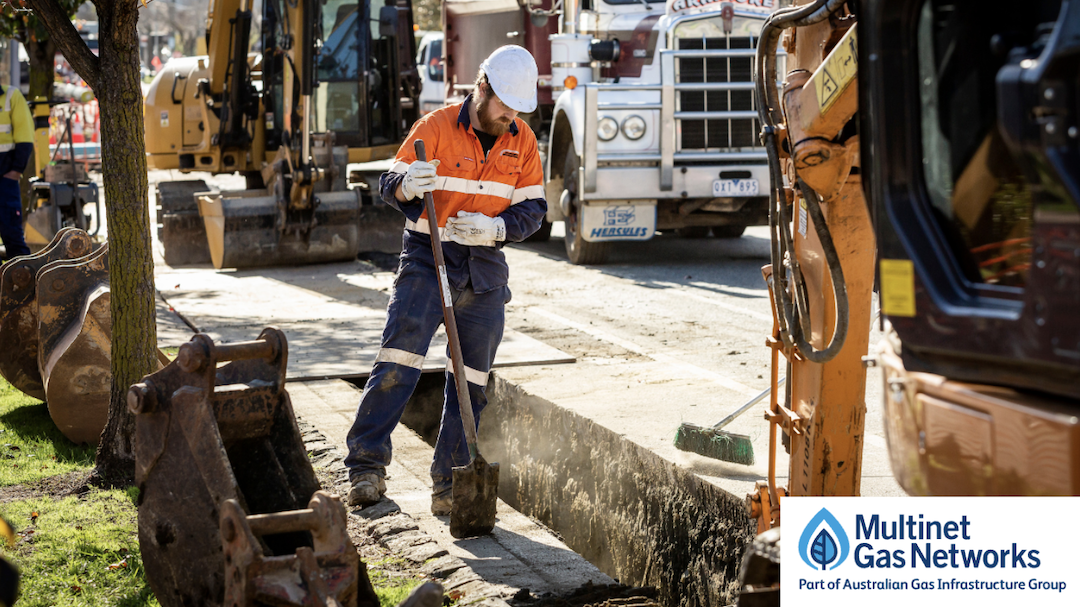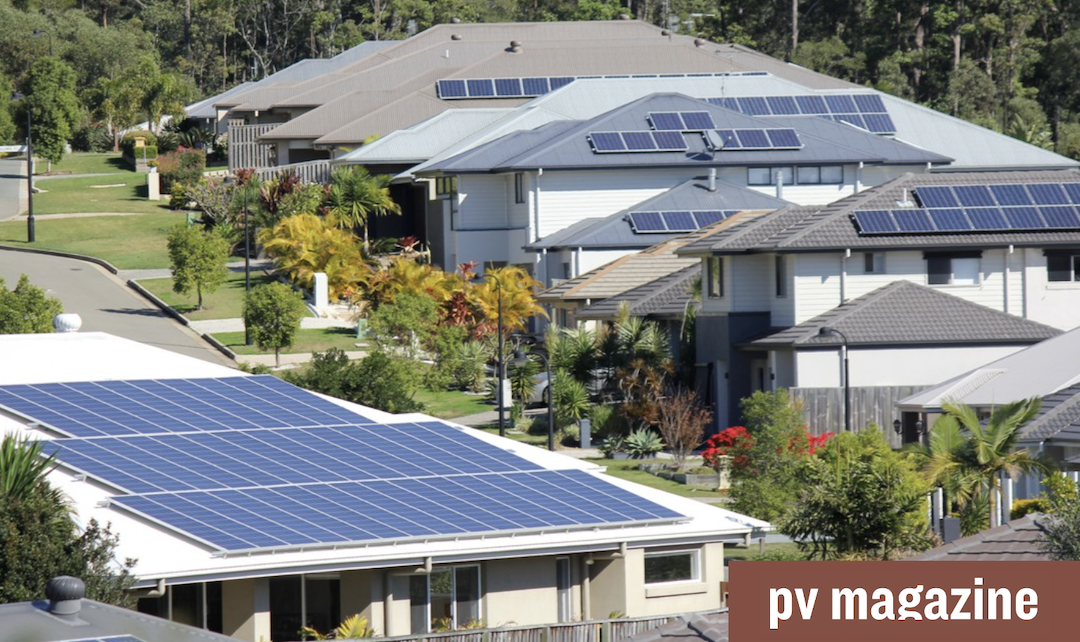Electric or gas heating: Which is the best way to keep warm in Winter?
Winter’s cold grip can be a brutal reminder that keeping our homes warm is not just a luxury, but a necessity. “Better safe than sorry,” as the idiom goes, so choosing the best heating system is crucial for ensuring cosy winter nights. But wait a minute! With so many options available, which one should you pick? Electric or gas? Furthermore, have you ever heard of hydronic heating? Well, if you haven’t, let’s dive deep into the topic and uncover the pros and cons of each. After all, knowledge is power!
1. Hydronic Heating: A Warm Bath for Your Home
Hydronic heating, at its core, offers a delightful twist to traditional heating methods. The principle behind it is both elegant and efficient. Using water as the medium for heat transfer, it draws upon the fact that water retains heat longer than air, resulting in consistent and comfortable warmth throughout your home. Imagine the warmth from a hot tub, subtly radiating through your floors, walls, or specialised radiators—this is the experience that hydronic heating provides.
The journey of warmth begins at the boiler, where water is heated to an optimal temperature. This heated water then travels through a network of specialised, corrosion-resistant pipes. As it flows, it radiates warmth to the surroundings. Picture stepping onto your floor on a chilly morning, only to be greeted by a gentle warmth beneath your feet. And when the water cools? It returns to the boiler, reheats, and the cycle continues.
What sets hydronic heating apart, aside from its consistent warmth, is its silent operation. Absent are the hums or rattles of forced-air systems. Instead, hydronic systems offer a quiet, enveloping heat, making those cold winter nights all the more cozy and inviting.
Advantages of Hydronic Heating
- Efficiency: While the initial hydronic heating cost may raise eyebrows, it’s a long-term investment. Over time, it offers energy efficiency, potentially reducing those pesky winter energy bills.
- Uniform Heat Distribution: Ah! Nothing feels better than even warmth in every nook and cranny of your home. Hydronic systems offer this luxury, ensuring cold spots become a thing of the past.
- Silent Operation: Shh! Can you hear that? Probably not if you have hydronic heating. This system is virtually silent, providing warmth without the noise.
Challenges of Hydronic Heating
- Initial Cost: Yes, the initial hydronic heating cost can be a pinch to the wallet. However, if viewed as an investment, the returns are substantial in the long run.
2. Gas Heating: The Traditional Warmth
Gas heating has been the bedrock of many homes for generations. The familiarity and trust in its performance are reminiscent of the comfort one feels when slipping into a well-worn pair of shoes. The consistent warmth it delivers, especially on the most bone-chilling days, is a testament to its enduring popularity.
Moreover, gas heating often delivers a kind of warmth that feels natural and enveloping, akin to the comforting embrace of a blanket. This is because it tends to produce a moisture-rich heat, which many find more pleasant compared to the sometimes dry heat of electric alternatives.
Lastly, let’s not forget the charm of a flickering flame! For those who opt for gas fireplaces or gas log heaters, there’s an added aesthetic appeal. The mesmerising dance of the flames can be therapeutic, making winter nights not just warm, but also visually enchanting. This blend of function and form is hard to resist for many homeowners.
Pros of Gas Heating
- Instant Heat: Oh, the joy of immediate warmth! Gas heaters heat up swiftly, ensuring you don’t have to wait in the cold for too long.
- Cost-Effective Operation: While there’s no one-size-fits-all answer, for many, gas can be a cheaper option, especially if the infrastructure is already in place.
- Eco-Friendly: Natural gas is often touted as a cleaner fossil fuel compared to others. Opting for gas heating might give you a green thumb up!
Potential Drawbacks
- Safety Concerns: Gas heaters need regular maintenance. Neglecting this can lead to leaks or other issues. Safety first, always!
- Limited Lifespan: Alas! Everything good comes to an end. Gas heaters might need replacement sooner than other types of heaters.
3. Electric Heating: Modern-Day Warmth
Electric Heating the marvel of modern technology. With the evolution of tech, electric heating has taken various innovative forms, from baseboard heaters to heat pumps. What’s fascinating is their adaptability. Living in a compact apartment downtown or a sprawling estate in the countryside, electric heating systems can fit like a glove in various settings. And guess what? Maintenance is typically a breeze. Many homeowners cherish the simplicity and the lack of fuss involved.
However, as with every silver lining, there’s a cloud. For some homeowners, especially those in regions with high electricity costs, running electric heaters can cause their bills to skyrocket. It’s vital to factor in these recurring costs. Moreover, while some electric heaters are incredibly efficient, they are still tethered to the electricity grid. If your region largely relies on coal or other non-renewable sources for power, it might make your heating less eco-friendly than you’d like.
But here’s the deal: if you prioritize flexibility, ease of use, and minimal maintenance, electric heating might be your winter companion. While it may not be perfect, no heating option truly is. It’s all about finding what aligns with your priorities and your home’s specifications. So, if electric vibes with your lifestyle, why not? After all, staying warm and toasty is the end game, isn’t it?
Perks of Going Electric
- Easy Installation: Plug and play! Electric heaters usually require minimal setup.
- Flexible Positioning: Want to move your heater to another room? With electric heaters, it’s often as simple as unplugging and replugging.
- Safety: Electric heaters, especially newer models, come with safety features like automatic shut-off. Peace of mind? Priceless!
Downsides to Consider
- Higher Operational Costs: While electric heaters are convenient, they can sometimes be more expensive to run compared to their gas counterparts.
- Not Always Eco-Friendly: The source of your electricity matters. If it’s from non-renewable resources, the environmental impact can be significant.
Conclusion: Making the Right Choice
Electric? Gas? Hydronic? It’s a bit like comparing apples to oranges! However, one might be the perfect fit for your needs. The key is to weigh the benefits against the challenges. Remember, “a stitch in time saves nine.” Investing time in making the right decision now can save you a lot of hassles down the road.
Feel a bit overwhelmed? Don’t fret! Reach out to the experts. If you’re in Melbourne, Enquire From Melbourne Hydronic Heating for tailored advice. They’ll steer you in the right direction, ensuring your winter is warm and worry-free!







